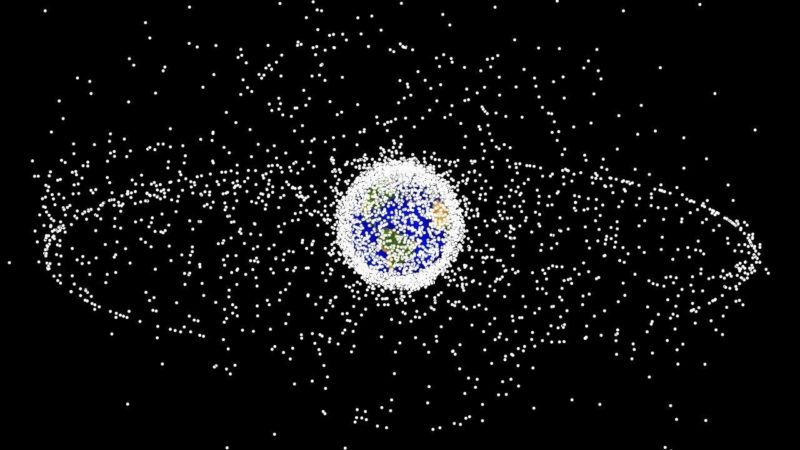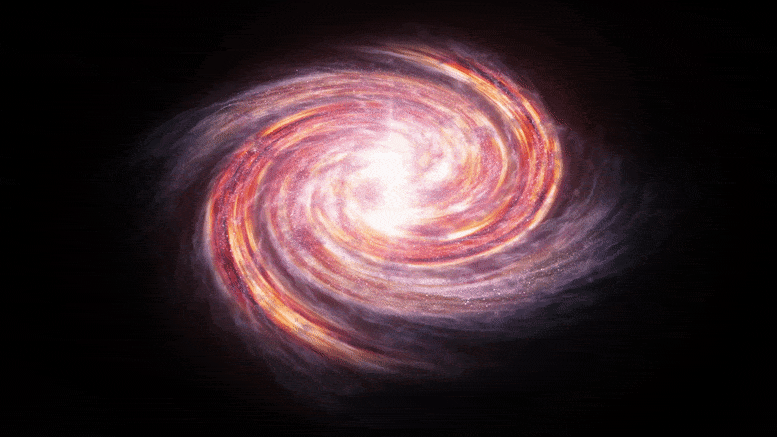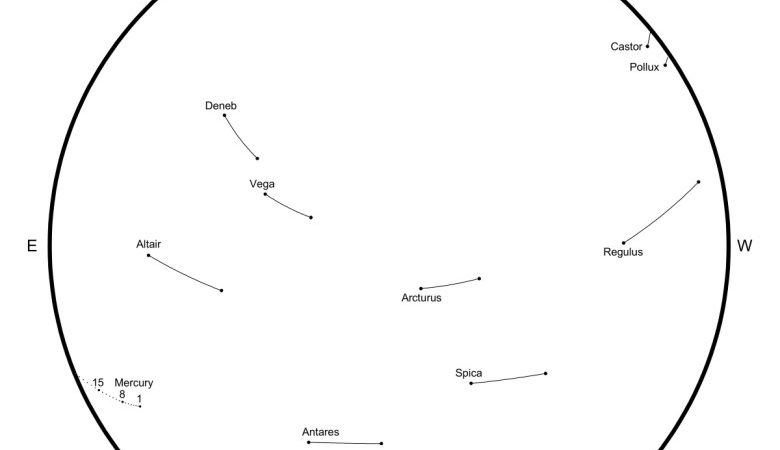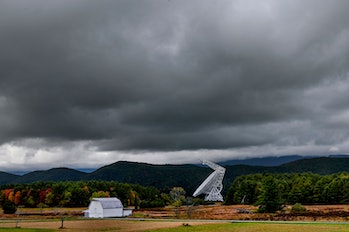Southern Vermont Astronomy Group – Brattleboro Reformer

Nowadays it seems that hardly a week goes by without the media trumpeting some sensational astronomical discovery. These often seem almost impossibly esoteric, and in particular anyone with a bit of skepticism is bound to wonder how astronomers can possibly have any confidence in their conclusions. Some people go further, and become radical skeptics who distrust any scientific assertion that isn’t immediately obviously true. The flat-earth movement is a somewhat silly example, but other manifestations of extreme skepticism — most notably denial of anthropogenic climate change — actually put the world in danger.
In this context, questions like “How does science work? How do we know that?” move from the realm of academic curiosities into matters that concern all citizens. Astronomy, in addition to studying beautiful and majestic subjects, also provides a superb and inspiring example of the deductive power of human thought — an example that illuminates how science works in general.
In this non-technical talk, suitable for all ages and all levels of understanding, I’ll describe how we know what we know about the universe around us, focusing on its size and age. I’ll emphasize simple, common-sense principles used at each stage, and avoid bogging down in details. And unlike Whitman’s “learn’d astronomer”, I’ll try to never lose sight of the grandeur of creation.
If you’d like to leave a comment (or a tip or a question) about this story with the editors, please email us. We also welcome letters to the editor for publication; you can do that by filling out our letters form and submitting it to the newsroom.






